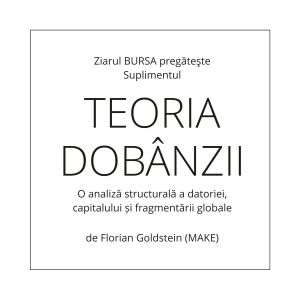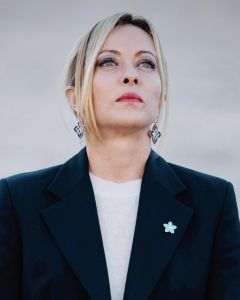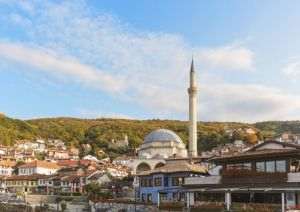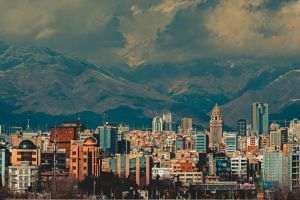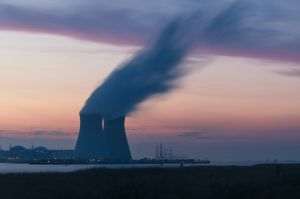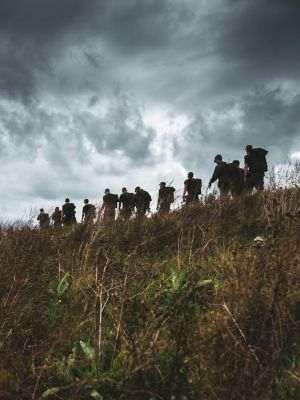The general manager of the BSE, Valentin Ionescu, announced that the institution he is leading intends to buy stakes in smaller exchanges in the region, a plan for which it set aside five million Euros.
Given the ambitions of the management of the BSE to turn the company into a regional-level player, it has two avenues of action available: it can decide to buy minority stakes to gain influence, or it will buy controlling interests.
In order to find what the BSE could buy in the region, we"ve looked at our neighboring countries, searching for exchanges which could be an easy prey for the Bucharest Stock Exchange. In order to be able to make the comparison, we must first mention the coordinates of the Romanian market: a capitalization of 28.76 billion Euros (according to the website of the BSE) for the main market, and an additional 2.68 billion Euros for the "Rasdaq" market and an average turnover of 7.79 million Euros over the last 12 months.
The nearest target is the Moldovan Stock Exchange, which has an average daily turnover of 31,000 Euros, according to the statement of Valentin Ionescu. The Exchange of Tirana (Albania) provides no information on turnover or market capitalization. It is 100% owned by the Albanian Ministry of Finance and has a share capital of 146,000 Euros. It was founded in 1996 and it sees only isolated trades.
The Exchange of Belgrade (Serbia) is owned by the state and by a group of brokerages and banks. It has a daily average turnover of 775,870 Euros for stocks and 172,000 Euros for bonds. The market capitalization is 7.62 billion Euros, almost four times smaller than that of the BSE.
The former Yugoslavian republic has two more small exchanges, which are easy targets for the BSE and small potatoes to the Vienna exchange. The Montenegro Exchange, founded before the one of Bucharest, in 1993, wasn"t successful in its expansion and now has a capitalization of 3.02 billion Euros, an average daily turnover of 107,310 Euros for stocks and 17,000 Euros for bonds over the last 12 months. The Macedonian Exchange, founded in 1995, is also small. Its average daily turnover over the past 12 months was 130,000 Euros for stocks and 88,500 Euros for bonds. The capitalization of the Skopje Exchange is 2.13 billion Euros.
Being a federation, Bosnia Hertzegovina has two exchanges, one for each of its two regions, both founded in 2001. The Serbian area has the Sarajevo exchange, which has a market capitalization of 3.91 billion Euros, a turnover of 130,000 Euros for stocks and 53,000 Euros for bonds. The exchange in the Croatian-Muslim area is smaller, with a market capitalization of 2 billion Euros and an average daily turnover of 121,000 Euros for stocks and 53,000 Euros for bonds.
The neighboring exchange of Sofia, has a market capitalization of 6.04 billion Euros, a turnover of 1.62 million Euros for stocks, 240,000 Euros for bonds and 20,000 Euros for other financial instruments. The exchange of Sofia could make an easy target for the BSE in this period, since it has posted losses in the past two years (43,600 Euros in 2009 and 126,200 Euros in 2010).
The last exchange remaining in the region would be the Bratislava Exchange (Slovakia), with a capitalization of 3.88 billion Euros.
Across the Black Sea, in the Caucasus area, there are two small markets. The Georgian Exchange has a capitalization of 795 million Euros. Its average daily turnover over the last 12 months was 12,000 Euros, in stocks alone, with no other instruments being traded.
To the East, there are two relatively small exchanges. The Monetary and Stock Exchange of Belarus has an average daily turnover of 247,800 Euros for stocks, 20.2 million Euros in bonds and 3.2 million Euros in other instruments. Belarus" economy is closed rather than free market, which makes it unattractive. Even though it has a population, surface and economy greater than those of Romania, Ukraine has a smaller Exchange, with a market capitalization of 317 million Euros and an average daily turnover of only 15,000 Euros in shares, 13,400 Euros in bonds, and 220,000 Euros in other instruments.
• Where the BSE can"t reach
The bigger exchanges in the region could be too big for the BSE. One such example would be the Zagreb Exchange (Croatia), which has a capitalization nearly equal to that of the BSE, of 20.61 billion Euros and a daily average turnover of 3.45 million Euros in stocks and 4.6 million Euros in bonds.
In the Mediterranean area, neighboring our region, there are two small island markets. The exchange of the tax haven of Cyprus has a market capitalization of 5.28 billion Euros, whereas the Maltese Exchange has a capitalization of 2.95 billion Euros, almost 10 times smaller than that of the BSE. The Cypriot exchange operates on a shared platform with the Athens Exchange, which makes a takeover impossible. The small Maltese exchange (only 13 issuers listed) runs on an OMX platform.
Even though they weren"t communist countries, the two exchanges were created after 1990, more specifically in 1996 (Cyprus) and 1992 (Malta).
The region does feature a giant - the Vienna Exchange, which began its expansion process prior to the BSE, by creating the "CEE Stock Exchange Group". The Viennese group includes the exchanges of Budapest (Hungary), Prague (Czech Republic) and Ljubljana (Slovenia). The latter caught the eye of the BSE, but it was outbid by the Austrians. The group holds a little over 50% of the Budapest Stock Exchange, more than 90% in the other exchanges and 100% of the Vienna Exchange.
The three Baltic exchanges (Estonia, Latvia and Lithuania) are part of the OMX group.
The Polish exchange is the largest market in the region and - from this point of view - it is the main competitor to the BSE when it come to acquisitions in the area. It has a capitalization of 145 billion Euros, about ten times higher than the Bucharest Stock Exchange.
The OMX Group acquired 100% of the Armenian Exchange in November 2007 In March 2008, after the merger Nasdaq-OMX merger, the Erevan exchange became a member to the largest market capital operator, and was renamed to Nasdaq OMX Armenia. The average daily turnover in stocks was just 1,500 Euros, as the bulk of its daily turnover comes from other instruments (bonds, derivatives) with an average daily turnover of 10 million Euros over the past 12 months.
The Azerbaijan Exchange, founded in 2001, has a daily average turnover of 1.75 million Euros in stocks, 6.17 million Euros in bonds and 7.11 million dollars in other instruments. It is owned by 19 entities, banks and brokerages, including the Istanbul Exchange.
The data comes from the reports published by the respective Exchanges to the Federation of European Securities Exchanges, the Federation of Euro-Asian Stock Exchanges - in which they are members - as well as from their respective financial statements.

